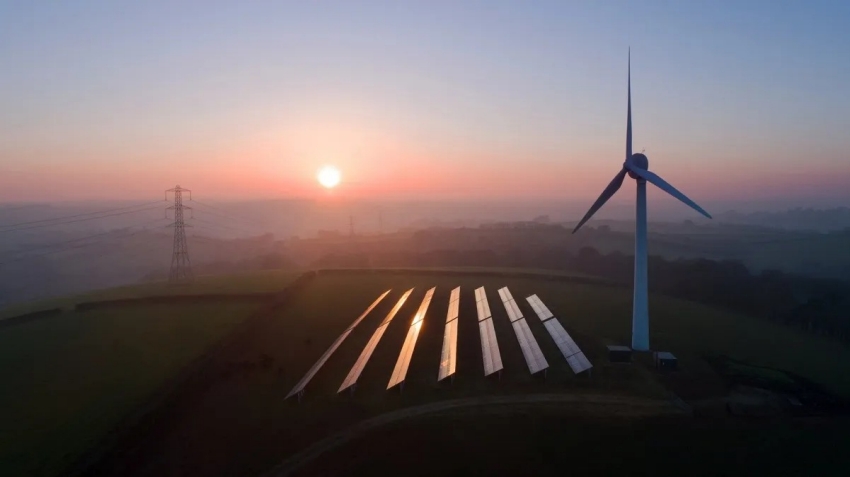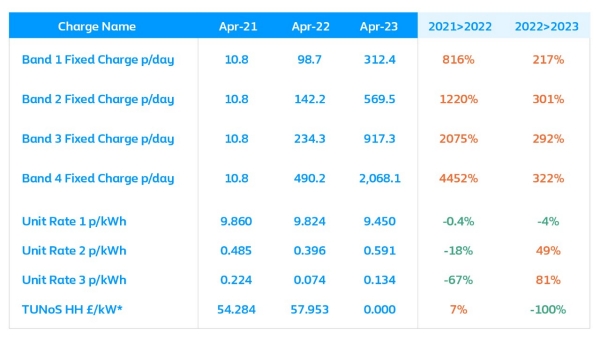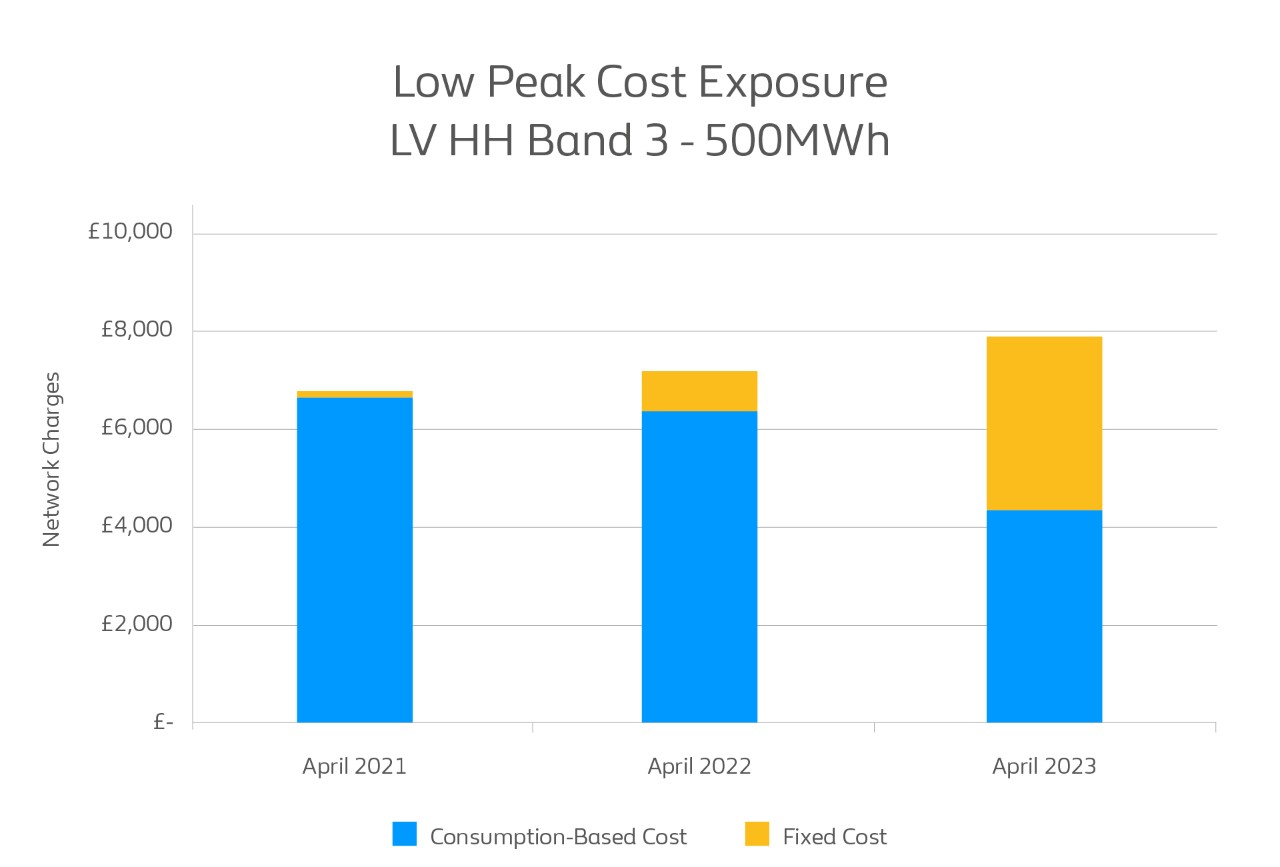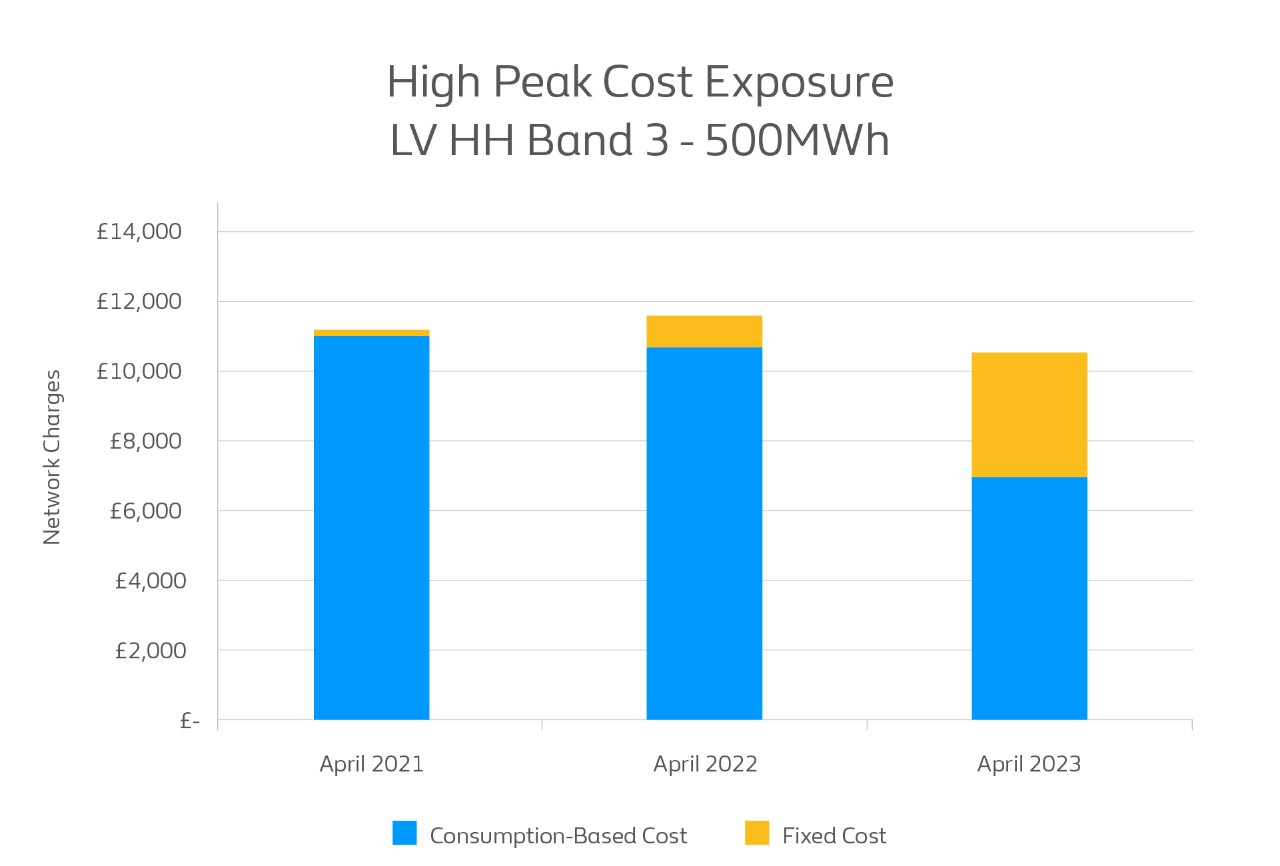17 Mar 2022

As part of Ofgem's Targeted Charging Review (TCR), the way in which Network Operators recover their costs from suppliers is changing. It means from 1st April 2022, the distribution of these network charges will partly shift away from Unit Rates and into Standing Charges. And as a result, energy suppliers may change the way they price their electricity contracts. But what exactly does this mean for your business?
Ralph Smith, Energy Supply Pricing Manager at British Gas, outlines the new changes coming our way and how your business energy costs may be affected.
The Targeted Charging Review was initiated by Ofgem to look into how network charging (DUoS and TNUoS) could be made fairer across all consumer groups. The concern was that the costs of maintaining the grid have been steadily increasing over recent years, yet they were passed onto an increasingly smaller number of users.
The reason for this is the nature of energy generation and consumption has changed radically in recent times. Energy efficiency measures, embedded generation and load shifting have all meant that a growing number of consumers can minimise or even avoid any reliance on the grid, and therefore their exposure to the current charging regimes of DUoS (Red/Amber/Green Unit Rates) and TNUoS (Peak/Triad charging).
The objective of the TCR is to reinstate fairness for everyone involved, while making sure network operators recover the revenue they need to maintain the transmission and distribution systems.
Ofgem believes the most effective way to make sure everyone contributes fairly is through a fixed p/day charge. The level of charge you will pay is determined by the TCR Band your site is allocated – a task that's carried out by the distribution networks.
They will base their allocation on the capacity of a site for the following:
As a result of these changes, OFGEM predicts sites of similar size will pay broadly the same amount for using the system.
The below table (DNO 10 HH Low Voltage) shows the shift in charges towards fixed charges, as well as the range of charge between the four TCR bands. However, movements will vary significantly between regions and voltage types.

The new fixed day charges will affect all business electricity customers with a NHH or HH meter mentioned above and the impact on your bill could be significant. However, their roll out is staggered. From 1 April 2022, the distribution (DUoS) element of the change will take place. The transmission (TNUoS) element will take place a year later, in April 2023.
The below demonstrates how two sites with similar consumption could fair differently as a result of the TCR changes.


If your business is currently on a flexible energy contract, you'll see these changes from your April invoices onwards. However, if your business is on a fixed contract, nothing will change straightaway. Instead, you'll likely see these changes reflected in your renewal price.
If you have any questions about the TCR or need advice on making sure you have the right energy strategy or energy plan in place for your business, we can help. If you're already with us speak to your customer manager, if not learn more about how we can help your business today.
Related Articles

5th September 2022
In "Business videos"

28th September 2022
In "Small Business Tips"

20th October 2022
In "Energy Efficiency"
The views, opinions and positions expressed within the British Gas Business Blog are those of the author alone and do not represent those of British Gas. The accuracy, completeness and validity of any statements made within this blog are not guaranteed. British Gas accepts no liability for any errors, omissions or representations. The copyright in the content within the British Gas Business Blog belongs to the authors of such content and any liability with regards to infringement of intellectual property rights remains with them. See the Fuel mix used to generate our electricity. Read about making a complaint about your business energy.